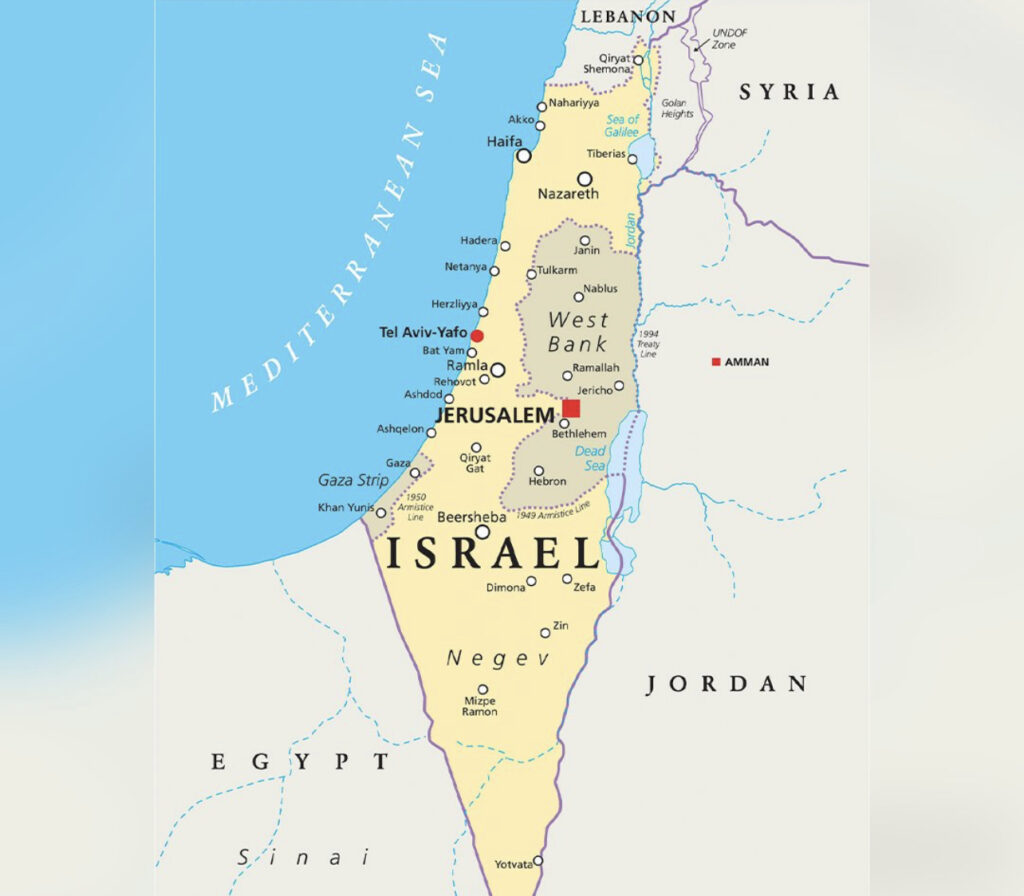
The media frequently focus on hotspots during international crises, crafting compelling narratives that grab attention from around the globe. Although the latest Israel-Hamas confrontation has taken center stage in the media, there are many more unreported tales and unheard voices.
Sgt. Zari Cantor, a chayal or soldier in the Aerial Defense Array, was raised in the United States and has dual Italian, American and Israeli ancestry whose decision to enlist was influenced by a history of anti-Semitism. This person illuminates the special situation faced by diaspora Jews, who are always conscious that safety can be a fragile concept and can only be fully established within the group.
“I joined because I had experience in antisemitism from the ages of 2 to 17. There’s this third generation trauma that you’re not always as safe as you appear. You’re only safe within your community,” she said. “There’s always this feeling of the hammer falling. I wanted to go to Israel to protect this space. We generally don’t feel safe in our country. I wanted to create a space where we are constantly safe.”
In the Israeli military, there is a sense of duty among the Jewish community. The interviewee highlights the intricacy of the situation, in which attempts to wage a war of humanity collide with an enemy who doesn’t appear to care about their civilian casualties. It is suggested that the media frequently fails to depict these subtleties, creating knowledge gaps and supporting historical narratives that have been distorted over time.
She said, “We are fighting this war in the most humane way we can in order to save civilians in Gaza. That’s very hard to do when we’re fighting civilians who don’t care about their civilians. The leaders of Hamas have said multiple times that they are not responsible for Palestinians, that is the role of the UN. When you’re dealing with a group who don’t care about their civilians you can only do so much, but the media does not show this.”
She added, “Jewish people in the diaspora are not surprised because that is our entire history. Our history is white washed and warped. You think you’re safe in America but you’re not.”
A junior Florida A&M University psychology student offers a distinct viewpoint. She illustrates the emotional cost of seeing far-off conflicts by relying on TikTok. Boycotts of businesses thought to be complicit in genocide become an actual action.
“We stop buying from Starbucks because they support the genocide, kids dying, people’s homes are being destroyed. People are outside covered in ash from Israel,” the student said.
Turn attention to Sudan, a country that has been eclipsed by the ferocity of the Israel-Hamas conflict. Aya Obaid, whose family is from Sudan, tells a different story, one of political unrest, impending coups, and the fight for democracy. Even with the seriousness of the situation, few people are aware of what is happening because of the limited media coverage on sites like Al Jazeera and CNN.
This speaker highlights the need of awareness and regretfully points out that social media platforms like Facebook, Instagram, and WhatsApp frequently take precedence over other sources as the main information sources. It’s an appeal for acknowledgement, a recognition that certain stories continue to be hidden even in this day of instantaneous worldwide communication.
“Why am I getting my information on Instagram and WhatsApp and Facebook,” Obaid said.
It becomes clear as we take in these various stories that, although important, media coverage is not necessarily all-inclusive. It frequently results in a limited comprehension, masking the complexity of disputes and ignoring narratives that sorely require attention.
Perhaps it’s time to shift our attention and pay attention to voices that resound beyond the headlines, beyond national borders, and across cultural settings in the search of a better educated global community.